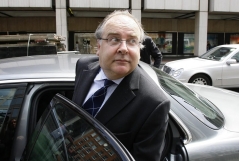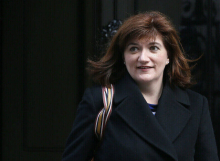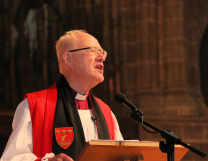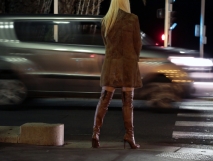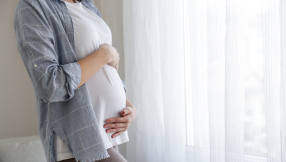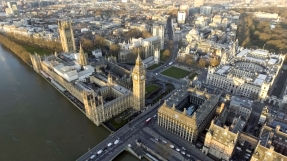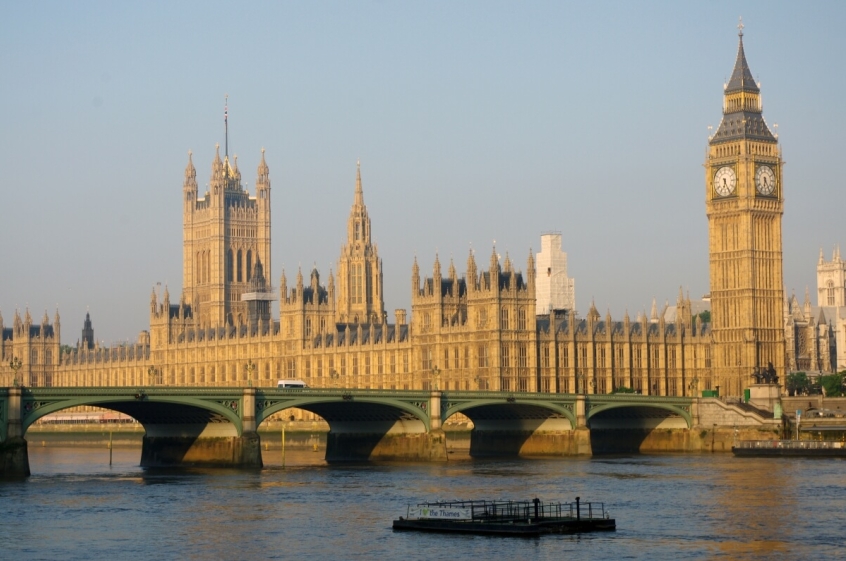
Last month the government revealed its long awaited Counter-Extremism Strategy. It aims to defend British values, such as rule of law, democracy, individual liberty, and the mutual respect, tolerance and understanding of different faiths and beliefs. The government wants to build partnerships with all those opposed to extremism thereby disrupting extremists and all with the laudable intention of building strong communities. According to the rumours circulating Westminster over the last few weeks the Government could suddenly introduce an anti-extremism Bill within the next few weeks, thus using legislation to enshrine their strategy in law.
Critics have been quick to pounce. The strategy certainly contains hugely concerning elements. The definition of British values is highly subjective. Even the definition of a terrorist is wide open to interpretation. It is true that the Strategy does seem to nullify some of the concerns expressed about the impact of Extremism Disruption Orders (EDOs) and noticeably it talks about "strong safeguards" saying the powers will not be able to be used against privately held views or people expressing their religious beliefs. But what are British values? What exactly is a terrorist? Who defines British values, or indeed extremism itself? Even you, a humble Christian could find yourself branded an extremist if you are caught saying the 'wrong thing'. Traditional Christian views on marriage, sex, education and even the gospel message itself will be put under threat.
Surely there is a fundamental difference between violent extremism (which you should legislate against) and non-violent extremism, which is much harder to define. The government's problem is they are trying to legislate against non-violent extremism. In trying to define it and then introduce laws against it they risk endangering true religious freedom. The moment you try to legislate against non-violent extremism you risk endangering true democracy, liberty and freedom of speech.
Evangelicals especially have every reason to be fearful. If it is anything, the history of evangelicalism is the history of standing against prevailing and populist viewpoints. As passionate as I am about engaging with parliament and politics, I'm equally as passionate about doing so by communicating evangelical truths graciously but clearly. There is a real danger these plans will leave us all whispering behind closed doors for fear of the consequences.
This is not just yet another example of 'evangelical paranoia' but stems from what we have witnessed over the last decade. There is no doubt that we live in an increasingly dangerous world. From 9/11 and 7/7 onwards we have increasingly seen lives torn apart from the evils of extremism. The rise of ISIS with its brutal ideology, completely void of any openness to reasoned debate and the radicalisation of many disaffected young people have posed huge challenges which somehow have to be countered. But in seeking to defend the freedom of Brits from extremism – as laudable an aim as there can be – the government risks attacking the freedom of evangelicals (and others) to practise and publicly say what they really believe.
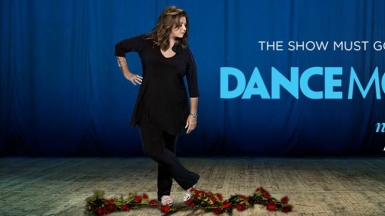
True Christianity has always had a counter-cultural streak running through it. A core part of a Christian worldview is to seek the good of the society we find ourselves living in. Christians believe it is part of our identity to be salt and light – to be a force for good and for truth. It is also all too easy to forget that the principles of "the rule of law" are based on our Judeo Christian heritage. In an increasingly secular age with those on a crusade to remove religion, and especially Christianity, from our national institutions there is a retreat from this heritage. These EDOs would hasten that retreat still further. In trying to defend Britain in the name of equality, safety and security, the government risks banishing from the public square any hint of an evangelically distinct narrative.
This issue is so serious, in fact, it prompted one of the most unusual alliances in recent times between the Christian Institute and the National Secular Society coming together to form Defend Free speech. Organisations poles apart theologically, yet working side by side to defend that most priceless of privileges: free speech. Our country has always prided itself on being a free society. Holding unpopular views should not be a crime. Indeed as Professor Roger Scruton says the right to offend is the mark of a truly free society.
While I believe Christianity is not real unless it is public, let me also stress the responsibility all Christians have to be wise with what we say and careful about how we say it. The onus is not only on the government but also upon evangelicals, not to use freedom of speech to needlessly insult others. This is a serious a moment for gospel liberty in this nation. Let's fight for the right to speak the truth in love, but let's do so winsomely, wisely and filled with the grace and Spirit of Christ himself.
Nola Leach is the chief executive of CARE.










